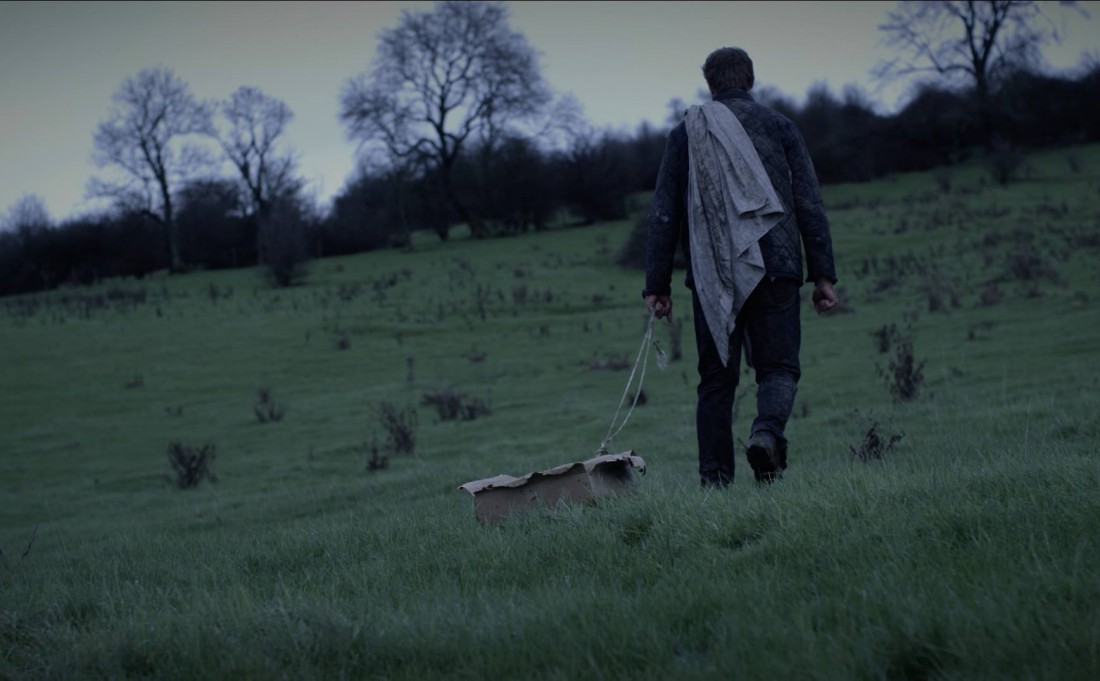The culmination of the Oxford Broadcasting Association (OBA)’s Student Film Festival, it was a time for celebration as the cast and crew of the biggest student films made over the previous year gathered to witness the fruits of their labours on the big screen.
The screening began with the likeable Martin Friar’s First Kiss, which sought to capture the delirium and awkwardness of a Year 7 relationship with rose-tinted nostalgia. Directed with zeal by Megan Gibbons and graded with bold colours, it was a nimble and energetic opener.
Darkness soon set in, however, with the arrival of Joel Scott-Hawkes’ United Strong Alone. In spite of its oxymoronic title, this futuristic wartime drama was arguably the most ambitious in sheer scope, attempting to reconcile a tender examination of mental illness with both a parable about the dangers of organised religion and the tragedy of a nation turned against itself. The lead actor, Rhys Isaac-Jones, and costumes were undeniably impressive, but the absence of any distinct visual threat left it feeling unavoidably half-baked.
Arguably Silas Elliot’s III succeeded better overall on its more modest aims than USA did on its more grandiose ambitions. Liberated by the simplicity of its premise – the characterization of a grieving father – the film could strike out in new visual ways. Evocative images of hot coals and sweeping shots of the landscape gave it some of the most cinematic moments of the entire screening, made even more impressive by the fact that the whole project was accomplished in just 72 hours.
My personal favourite, however, was the kooky Life in Orbit, directed again by Joel Scott-Halkes. A thoroughly off-kilter premise seemingly inspired by the real-life discovery of Richard III underneath a car park, Orbit treated the viewer to a look inside a roadside restaurant where all is not as it seems. It managed to be funny, eerie and confidently directed, and although the ending once again felt a little rushed, the sharply-written monologue delivered by a medieval king back from the grave which followed was a satisfactory substitute.
Custom Built, directed by Alex Darby, asks a universal question: if a bike is changed, part-by-part, until it is completely new, is it still the same bike? The central character, Gemma, was well-drawn, and the film featured some lovely music, but occasionally the scenes tended to drag on longer than they needed to. Nonetheless, it left me excited to see what Darby and his team will do next. For a Rose was a promising teaser – short, sharp, and sweet, it was a great companion piece for its larger sibling.
Lizzy Mansfield’s Aftermath and Hendrik Ehlers’ Storgē were pleasant surprises, offering exemplary character work in a low-key setting. While both films flirted with moments of visual panache and Storgē took a more futuristic angle, they each remained impressively grounded, allowing their leading double-acts (Kathy Stocker and Calam Lynch, and Mary Higgins and James Aldred respecively) to shine.
Spilt was perhaps the most emotionally powerful of the films on show. Dealing with the fallout of a family torn apart by public scorn and exploring dark themes of abuse, it was genuinely unsettling and tense – a commendable achievement.
The screening concluded with Heaven Knows, written and directed by Florence Hyde. The highest-budget production of the lot, it was a sumptuous looking love letter to the tortured artist. The sets and lighting were outstanding, but the music deserves most acclaim, beautifully composed by Harry Brokensha.
Above all, the sheer variety and standard of the films on offer was remarkable; a testament to the creativity of the writers and directors as well as the belief and support of the OBA in helping them realise their ideas.



